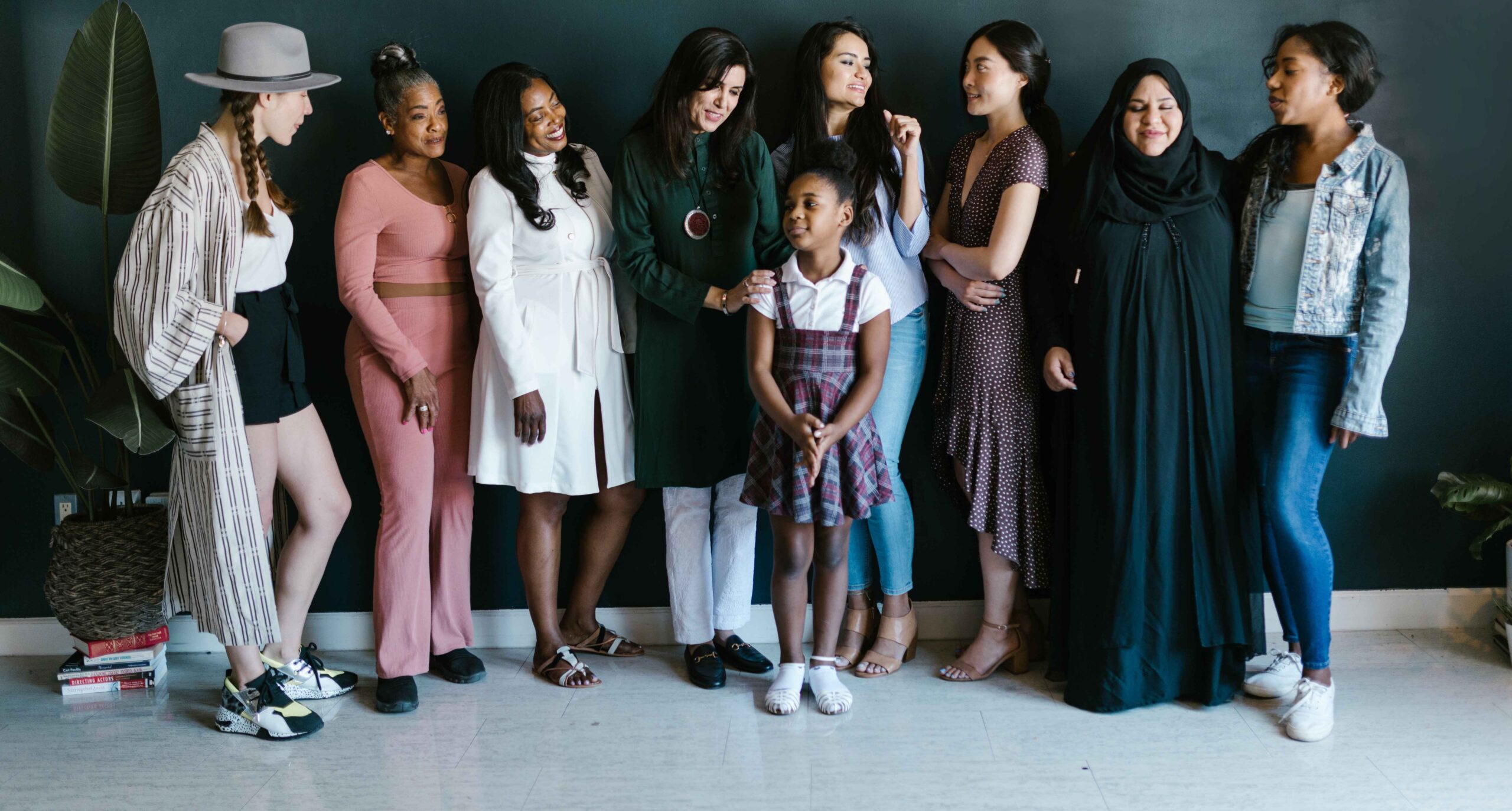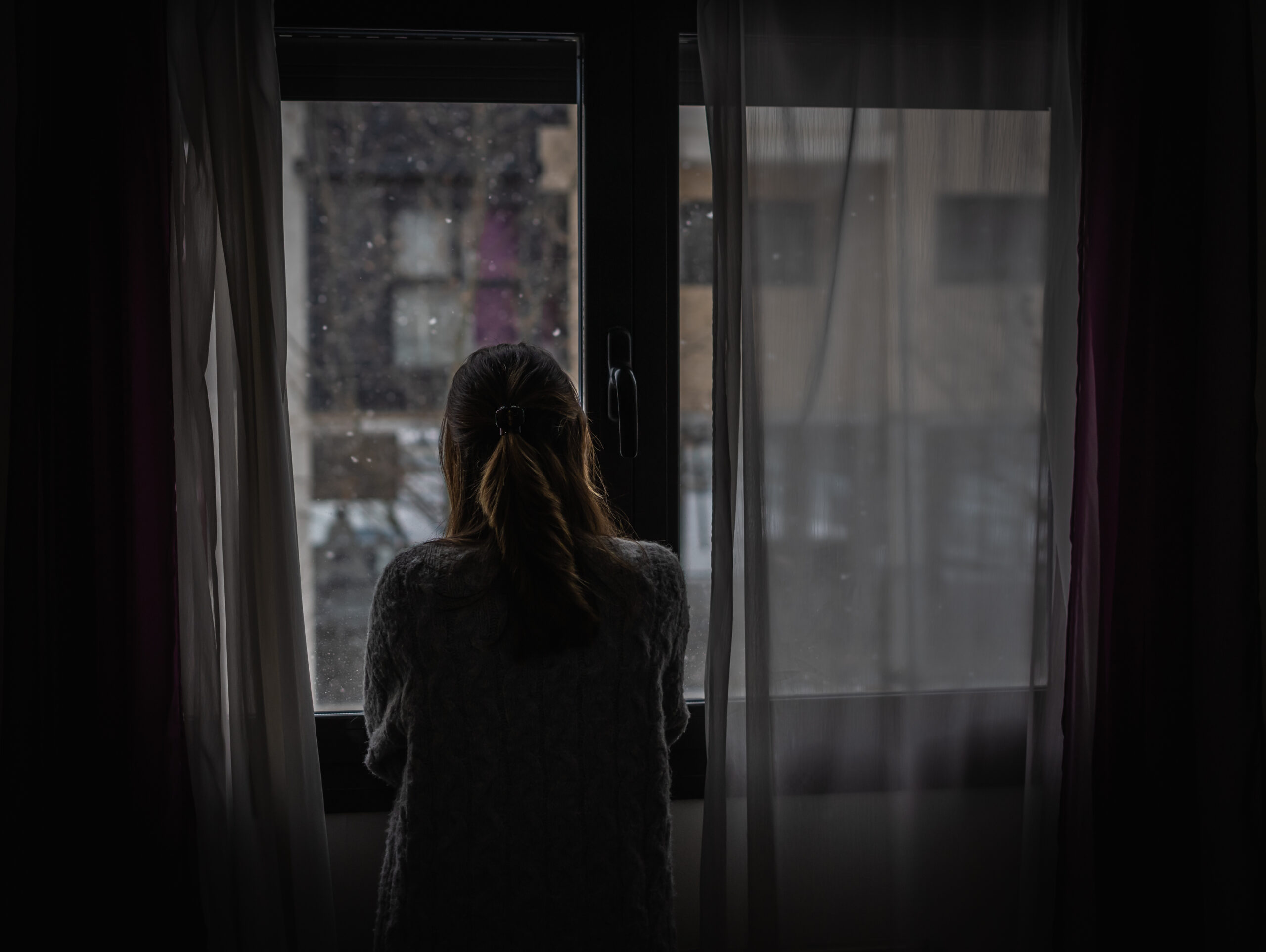Witnessing abuse this holiday season
It’s the holidays. You’re sitting down for an excellently curated meal with the family. And an all-too-familiar scene presents itself.
A man refers to his wife as a ‘bitch’. Silence falls over the table. And all-too-familiar empty defences follow.
“It’s just a joke!”
“Well, she was being a bitch.”
“No one understands the pressure I’m under.”
“I’m a good guy. Honey, tell them how I’m a good guy.”
“This is between me and her.”
“I guess I’ve offended all the woke liberals here.”
“You can’t say *anything* anymore.”
It’s a complicated circumstance to find yourself in. So, what do you do? The choice to remain silent for the sake of the ‘perfect’ meal can be a tempting one. As can be the impulse to smooth things over. But, the only course of action that may prevent this from happening next year is to call this behaviour out for what it really is– a symptom of abuse.
Domestic abuse incidents have been steadily rising over the pandemic. In the UK, domestic violence incidents almost doubled in 2020; a rise that many credit to lockdowns. With the newest threat of the omnicron variant and incoming lockdowns to combat it, the situation appears even more dire. CCFWE’s latest report on abuse and COVID-19 found that, “80% of victims stated that their abusers displayed more controlling, manipulative, coercive behaviors pertaining to their finances and economic stability during the pandemic.”
The data is worse for women of colour. And as women of colour on that dinner table well know, it is much harder to call out abuse when you are scared you are next. Cultural and systemic barriers hold us back from speaking up and disagreeing with the party in power at the table.
But what about the rest, especially those in positions of power? You have a choice to make– call out abuse or set a precedence for more abuse. When we don’t call out abuse, we don’t just get a quiet dinner or the idea of a perfect meal, we submit to the abuser and normalise their actions. We inadvertently give the impression that their actions are justified and acquiesce intimate partner violence for the sake of a happy holiday.
This holiday season, I urge you to choose differently. While we can’t control COVID-19, we can control how we respond when we witness abusive behaviour. As violence begins at home, it can also be deterred there. When we see close friends and family over the holidays, let us be cognizant of this reality of domestic abuse. And call out abusive behaviours when we see them. By choosing action over silence, we, too, can combat domestic abuse.
Tushita Bagga
Creative Writer, CCFWE
Write to Tushita: [email protected]
Follow Tushita on Twitter: @TushitaBagga






